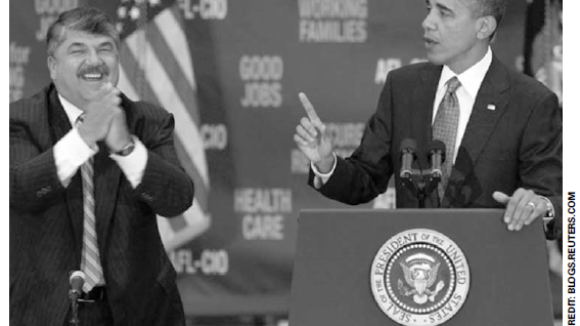Moore: Every State Should Guarantee Right To Work
In our interviews with CEOs of major companies over the years, many told me they wouldn't even consider moving a new plant or facility to a state unless the state has a Right To Work law. Forced-union states like Maryland aren't even in the game. It was no geographical accident that Boeing built its new assembly plant in South Carolina and not in its home state of Washington and why the unions and the Obama administration tried to block the move. South Carolina is a Right To Work state, Washington isn't. Population growth over the last decade was 13 percent in Right To Work states versus only 6.5 percent in the others. Nearly five million Americans left forced-union states for Right To Work states, no doubt because Right To Work states are where the jobs are. Total income growth was about 10 percent higher in Right To Work states. If every state had such a law, the competitiveness of the entire nation would improve and fewer jobs would go overseas. In the spirit of 1776, I would love to see Congress amend the NLRA defining a nationally protected right to work and extend to all Americans a First Amendment right not to associate with a union. Until it does, every state should improve its competitive climate domestically and internationally by enacting a Right To Work law.


